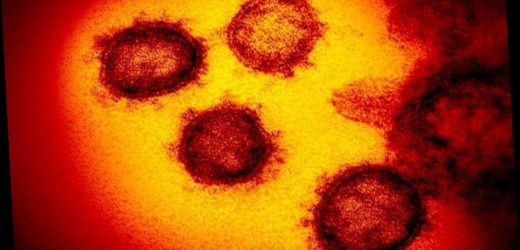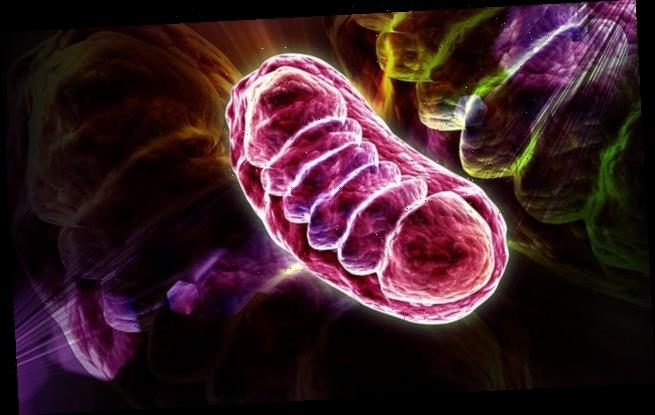UP TO half of coronavirus survivors are still vulnerable to the South African variant of the illness, experts have claimed.
Researchers have now warned that "we could have a problem" when it comes to new variants and how they are received by people who have already contracted and overcome Covid-19.
⚠️ Read our coronavirus live blog for the latest news & updates
Health Secretary Matt Hancock revealed that the new South African strain, called 501.V2, had entered the UK back in December and experts have previously warned that it could evade testing.
It is thought that 54 Brits have contracted the strain so far – however these cases were picked up from random samples, so it could be the case that infections of the variant are much higher.
Experts say there is a specific mutation in the strain which caused the outer spike protein to "escape antibodies".
Spike proteins are key when it comes to vaccines and a dramatic change in sequencing could mean that some jabs aren't as efficient as before.
The study, which has not yet been peer reviewed, found that 48 per cent of blood samples from people who had previously been infected with existing strains did not show an immune response to the new South African variant.
Professor Penny Moore, from the National Institute for Communicable Diseases in South Africa found that in a study of 44 people, 44 per cent of them had no immune response at all to the new variant.
Speaking to scientific panel she said: "When you test the blood of people infected in the first wave and you ask 'Do those antibodies in that blood recognise the new virus?'
"You find that in 50 per cent of cases – nearly half of cases – there's no longer any recognition of the new variant.
"In the other half of those individuals, however, there is some recognition that remains. I should add those are normally people who were incredibly ill, hospitalised and mounted a very robust response to the virus."
In a separate study by researchers in Washington, experts looked at blood samples of people with antibodies for older strains and how they reacted to the new variant.
From 11 samples, nine shows reduced binding from antibodies after being exposed to the variant.
The experts said that the site where mutations have an effect are also present in other emerging variants.
They added: "However, some [samples] are more affected by mutations at other sites, while others are largely unaffected by any single mutation."
VACCINE WORRIES
It is not yet clear whether or not the South African strain will be able to get around vaccines being rolled out across the UK.
Millions of Brits have now received their first doses of the Pfizer/BioNTech jabs and the Oxford/AstraZeneca vaccines.
Prof Moore said that if you have high antibodies to begin with then there is some recognition of the new virus which is important when it comes to vaccines.
She said: "Some vaccines elicit very high levels of antibodies and others do not, so we need to understand whether there is some recognition by vaccine-elicited, rather than infection-elicited, antibodies."
As well as the South African variant, a Brazilian variant has also been discovered as Brits continue to get a handle on cases caused by a UK variant which was first discovered in the South in September.
It was previously reported that the Brazilian strain would be able to reinfect those who had already caught the virus.
The Prime Minister has since closed all UK travel corridors over fears of the "vaccine busting" strains.
The UK’s Chief Scientific Adviser Sir Patrick Vallance admitted “we don’t know for sure” if the vaccines being rolled out on the NHS will work on the strains from Brazil and South Africa.
He told ITV's Peston: “There’s a bit more of a risk that this might make a change to the way the immune system recognizes it but we don’t know.
"Those experiments are underway,” Sir Patrick said.
Source: Read Full Article





